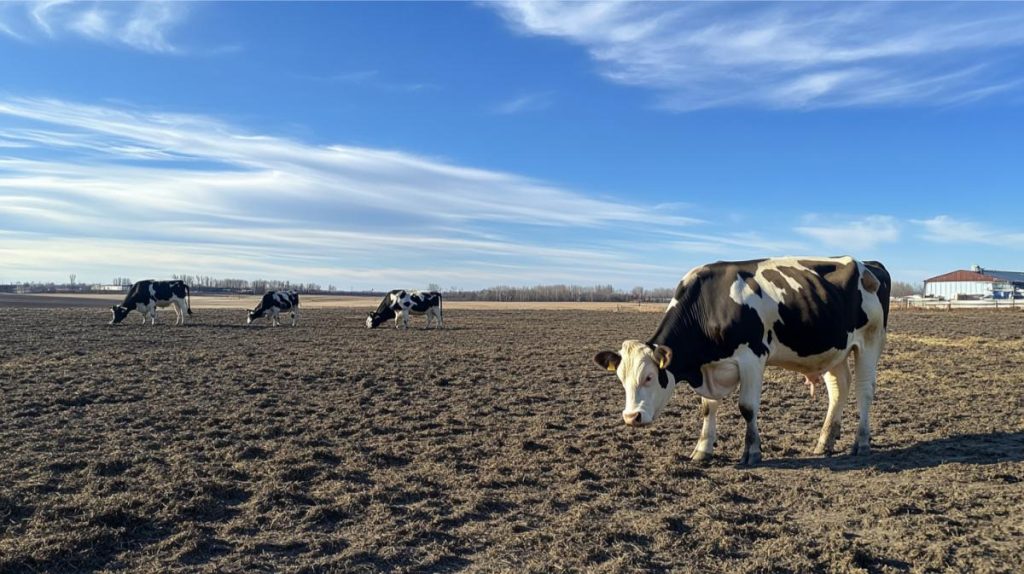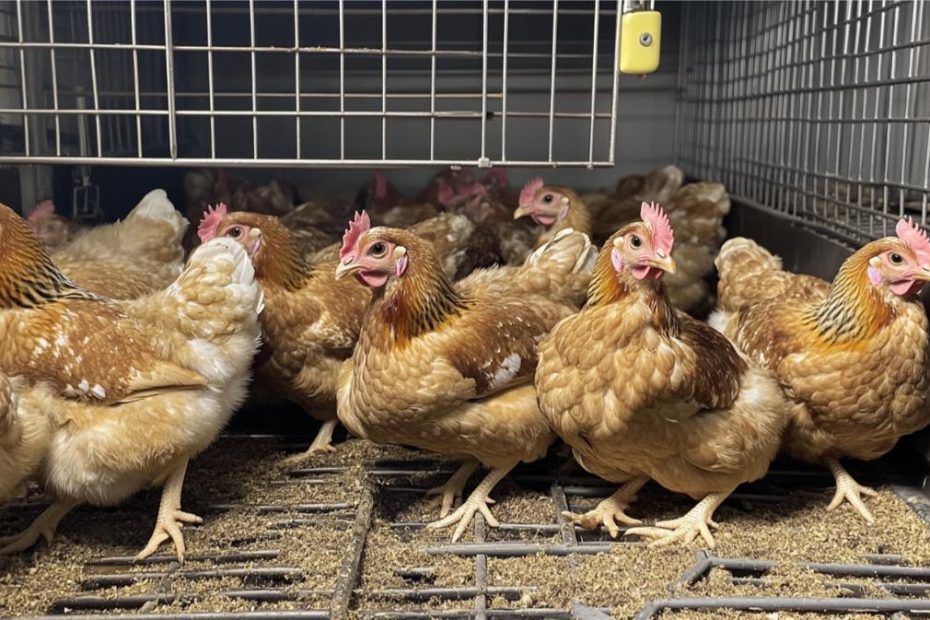Farm animals play a big role in our food system, but their treatment raises tough questions. You might wonder if we’re putting profits before their well-being.
The ethics of animal farming are complex, involving animal welfare, environmental impact, and human needs.
As you munch on your burger or sip your latte, have you thought about the animals behind your meal? It’s not just about cute cows in green fields.
Modern farming often means cramped spaces and quick growth for animals. But farmers face a tricky balance – they need to make money while caring for their animals.
Your choices at the grocery store have power. When you pick up that carton of eggs or pack of bacon, you’re part of a bigger picture.
It’s about more than just taste – it’s about the lives of animals, the health of our planet, and what ends up on your plate.
Key Takeaways
- Farm animal welfare involves balancing ethical concerns with food production needs
- Your food choices impact animal lives and the environment
- Sustainable farming practices can improve animal welfare and reduce environmental harm
Unraveling the Fabric of Farm Animal Welfare
Farm animal welfare is a complex issue that affects animals, farmers, and consumers. It involves science, ethics, and economics. Let’s look at the key aspects of this important topic.
The Art and Science of Animal Welfare

Animal welfare science looks at how farm animals feel and behave. You might wonder, can we really know what a chicken or cow experiences? Well, scientists have clever ways to figure it out!
They watch how animals act and measure things like stress hormones. They even use brain scans to see what makes animals happy or upset. It’s like being an animal detective!
Veterinary medicine plays a big role too. Vets help keep animals healthy and pain-free. They’re the animal doctors who make sure our furry (and feathery) friends are doing okay.
But it’s not just about physical health. Animals need to express natural behaviors too. Imagine if you couldn’t stretch your legs or play with friends. Not fun, right?
Confronting Factory Farming Facts
Now, let’s talk about the elephant in the room – factory farming. It’s a touchy subject, but we’ve got to face the facts.
Factory farms often prioritize efficiency over animal welfare. Chickens might be crammed into tiny cages. Pigs might not have room to turn around.
These conditions can lead to stress, disease, and behavior problems. It’s like being stuck in a crowded elevator 24/7. Not exactly a five-star hotel!
But it’s not all doom and gloom. Many people are working to improve things. From farmers to activists, there’s a growing movement to treat animals better.
Sustainable Moves: Improving Animal Lives
So, what can we do to make things better? There are lots of exciting changes happening in the world of farming!
Some farms are going back to basics with sustainable agriculture. This means giving animals more space and natural environments. Happy cows make better milk, after all!
Agricultural transition is another big trend. It’s about finding ways to farm that are good for animals, people, and the planet. Win-win-win!
You can help too! When you shop, look for labels like “free-range” or “grass-fed”. Your choices can encourage better farming practices.
Remember, every little bit helps. By caring about farm animal welfare, you’re making the world a better place – one chicken, cow, or pig at a time!
Beyond the Farm Gates: Ethics, Environment, and our Plates

The food on your plate has a story that stretches far beyond the farm. It’s a tale of ethics, environmental impact, and the choices you make every day.
Let’s see how your dinner affects the world around you.
Ethical Edibles: The Morality of Meat Consumption
You might wonder if eating meat is okay. It’s not a simple yes or no answer. Animal ethics are complex, considering animal welfare and human needs.
Think about this: Can you enjoy a burger while caring for animals? Some say yes, if the animals are treated well. Others argue that any meat consumption is wrong.
Your choices matter. By picking ethically sourced meat, you can support better farming practices. Or, you might try cutting back on meat to reduce animal suffering.
Remember, there’s no perfect solution. It’s about finding a balance that fits your values and lifestyle.
Environmental Stakes: The Cost to Nature
Your dinner plate is like a tiny Earth. What you eat affects the whole planet! Meat production can be tough on nature.
Did you know? Raising animals for food uses lots of land and water. It also creates greenhouse gases that warm up our planet. Yikes!
But don’t panic! You can help by making small changes:
- Try “Meatless Mondays”
- Choose local, sustainable foods
- Waste less food
Every bite counts. By being mindful of what you eat, you’re giving the Earth a big hug.
Charting Future Courses: Alternatives and Policies
Ready to be a food hero? There are lots of ways you can help shape a better food future.
Plant-based diets are becoming super popular. They’re often healthier for you and kinder to the planet. But if you’re not ready to go full veggie, that’s okay!
You can:
- Support local farms
- Look for animal welfare labels
- Vote for policies that protect animals and the environment
The future of food is in your hands. By making informed choices, you’re helping create a world where animals are treated with respect and the environment thrives.
Remember, every meal is a chance to make a difference. So, what’s on your plate today?
